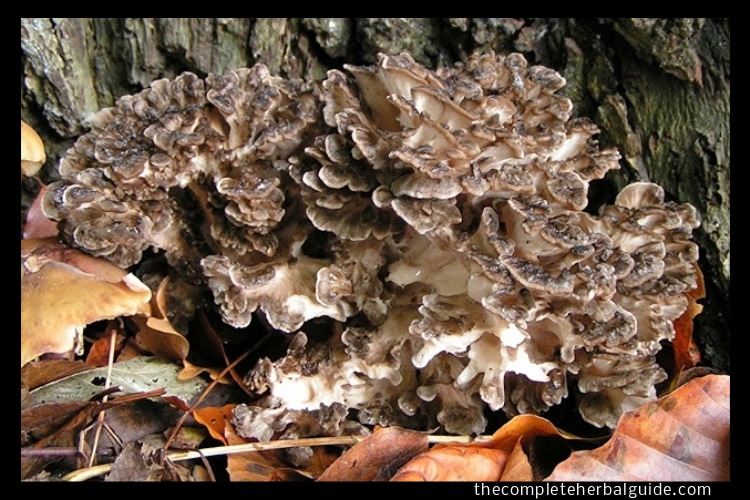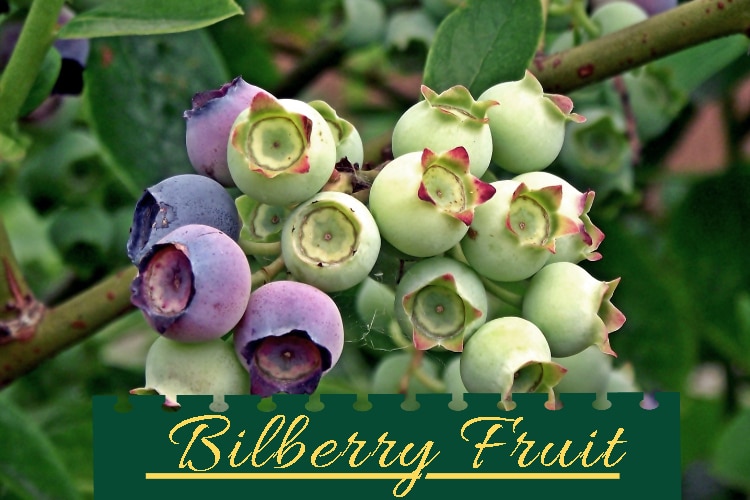
Health Benefits of Dandelion
Table of Contents
Botanical
Taraxacum officinale
Family
Compositae (daisy) – Asteraceae (aster)
Other common names
Bitterwort, Pissabed, Lion’s Tooth, Priest’s Crown, Telltime, Puffball, Cankerwort, Blow Ball, Swine Snout, White Endive, Wild Endive, Irish Daisy, Doonheadclock, Yellow Gowan, Clock Flower, Fortuneteller
Did you know…?
Potassium-rich Dandelion has been called the “free health food pharmacy” that grows everywhere! Both leaves and roots are considered to act as a superior natural diuretic, digestive aid, mild laxative, fine blood cleanser, and nutritious tonic, helping to detoxify the system, especially the liver and gallbladder. For an overall feeling of good health and improved mobility, you’ll want to add this “wondrous weed” to your herbal regimen.

History
Dandelion wins the prize as the world’s most famous weed pest when it grows in manicured lawns and gardens, but the botanical name (Taraxacum officinale) of this wonderful wildflower means “the official remedy for disorders,” and thought to be derived from the Greek words taraxos, meaning “disorder” and akos, meaning “remedy.”
Since ancient times the entire plant (stems, flower, leaves, and root) has lived up to its name and has been used for healing and dietary purposes. The English name, Dandelion, is apparently derived from the French, dent de leon, meaning “lion’s tooth,” because the shape of the leaves resembles the shape of a lion’s tooth. Dandelion may be distinguished from other similar-looking herbs because of its hollow, leafless stems that contain a bitter milky-white liquid, which is also found in the root (most potent) and leaves.
The dark green Dandelion leaves are irregularly shaped with jagged margins and hairless mid-rib. The magenta-tinged leaves are arranged in a rosette pattern and may grow to a foot and a half in length. The compact, golden-yellow Dandelion blossoms are singular and round, blooming from early spring until well into autumn and reaching up to eight inches in height.
Dandelion is a perennial that is believed to be a native of Greece, but grows spontaneously in most parts of the globe, thriving (with its deep, tenacious roots) under almost any conditions. The earliest mention of Dandelion is obscure, although many say Pliny (A.D. 23-79) wrote about it.
The Chinese recorded its use in herbal medicine in A.D. 659 and have been using it in Traditional Chinese Medicine (TCM) to treat breast cancer for at least one thousand years. Interestingly, today’s research has shown that Dandelion has worked effectively against two malignant growth systems, stimulating macrophage action, and possibly demonstrating some potential in the area of cancer research – and echoing its use in Traditional Chinese Medicine for this disease during the last thousand years.
Arabian physicians of the tenth and eleventh centuries spoke of its nutritive value, and in Europe, it was noted in Welsh medicines of the thirteenth century and mentioned in the Ortus Sanitatis of 1485. Dandelion was purposely introduced from Europe into North America by the early colonists who regarded it as an important part of their herbal medicines and diets. Native Americans soon found the flower equally important, using it as a tonic and physic (the Mohegan tribe), for heartburn (the Ojibwas) and for chest pains (Meskwakis).
Dandelion was included in the British Pharmaceutical Codex and the United States Dispensatory from 1831 through 1926, and in the National Formulary until 1965. The dried root of Dandelion is listed in the United States Pharmacopoeia. Traditionally, in Europe and America, Dandelion was used as a favorite spring health tonic and is cultivated in India as a liver remedy. In Germany, there is an over-the-counter preparation containing this common weed that has been found effective against gallstones. It is also listed in over-the-counter treatments in Canada, France, and the United Kingdom.
Other Uses for Dandelion
Other uses for dandelion have included the flower in a yellow dye, the leaves in a purple dye, the young leaves in a healthy salad, the flowers in wine and as a garnish in food, and the ground root as a tasty, healthy caffeine-free coffee substitute.
Some of Dandelion’s chemical constituents include bitter glycosides, carotenoids, terpenoids, inula, choline, lecithin (believed to protect against cirrhosis of the liver), tannins, sterols, essential oil, gluten, gum, saponin and fructose-oligosaccharide inulin (a food fiber that is a type of sugar-replacing starch, widely distributed in other plants and constituting an important part of the world’s diet; it also is thought to have probiotic qualities that help activate healthy stomach bacteria to promote a healthy colon and digestive system).
Dandelion is a nutritive and a wealth of vitamins A, C, D, several B-vitamins and vitamin P. Rich in iron and other important minerals, including boron, calcium, silicon, magnesium, manganese, phosphorus, selenium and zinc, Dandelion is also an exceptional source of potassium salts. The root also includes asparagine.
Medical Uses
Dandelion Root is considered a superior and potent diuretic (even to synthetic products) that helps to increase urine flow, rid the body of excess water and relieve bloated feelings. The high level of potassium in Dandelion is important because large amounts of potassium are lost in the urine and too often flushed from the body when synthetic diuretics are used.
Considered a potassium-rich herb, Dandelion is said to help promote healthy heart function. The potassium works with sodium to regulate the body’s water balance and normalize heart rhythms. Dandelion may lower cholesterol and high blood pressure due to its powerful diuretic action in ridding the body of excess fluid, thereby reducing the amount of fluid the heart must pump to circulate blood.
Dandelion Root is considered a fine liver tonic that is also said to promote healthy gallbladder, pancreas and spleen function. It affects all forms of secretion and excretion from the body and is a gentle cleansing agent with almost a specific affinity for the liver and modifies and increases the secretions, removing excess water from the body in edematous conditions that could result from liver problems. Herbal healers use Dandelion to strengthen the liver and treat liver disorders. The herb is thought to promote the flow of bile and ease such conditions as hepatitis, inflammation of the liver, jaundice (caused by excess bile in the blood) and liver enlargement. By promoting the flow of bile from the liver, Dandelion is said to be helpful when used in the first stages of cirrhosis of the liver.
Dandelion Root and Leaves are known for keeping the internal organs clean and clear. Herbalists treat kidney ailments with Dandelion, and it is also thought to improve gallbladder function, possibly even preventing gallstones (in Germany, the over-the-counter “Hepatichol” is said to be proven effective against gallstones).
As a blood purifier, Dandelion Leaf is considered an excellent tonic that cleanses poisons from the body. Through its action both on the liver and kidneys (as its French name, pis en lit, “wet the bed” indicates), it gently eliminates toxic wastes from the body. The natural nutritive salts work to purify the blood and also help to neutralize the acids in the blood.
Dandelion Leaf’s powerful blood purifying and liver cleansing properties help to clear skin problems, especially acne. A liver that is not performing at its best can worsen acne because it cannot break down and clear excess hormones from the body. Furthermore, Dandelion contains inulin, which is one of only a few plant insoluble fibers that have demonstrated prebiotic activity, creating beneficial microflora in the intestines to help combat bad bacteria. The indigestible quality of inulin also has significant effects on intestinal transit, which helps to improve the quality of skin by removing bacteria.
Dandelion Root and Leaves are an excellent nutritive and a valuable source of sodium, minerals (especially potassium), large amounts of vitamins A, C, and D, B-vitamins and trace elements. The roots are sometimes used as a healthy coffee substitute or as an addition to coffee. In fact, some claim that it acts as an antidote to any of coffee’s possible detrimental effects on the body and may be especially helpful in cases of dyspepsia.
European herbalists regard Dandelion as one of the best herbs for building the blood and relieving anemic conditions. Anemia is caused by a deficiency of proper nutrients in the blood, and iron-rich Dandelion is one of its oldest, best-known remedies.
For constipation, Dandelion Leaf is considered a mild laxative that stimulates the bowel and is also said to ease the discomforts caused by inflammation of the bowel. Furthermore, its inulin content (a prebiotic fiber) passes undigested to the large intestine and stimulates the growth of gut micro-flora known as Bifidobacteria or Lactobacilli. These bacteria may crowd out pathogenic bacteria and provide disease resistance in the bowel.
Dandelion Root promotes good digestion by invigorating the functions of the digestive organs and stimulating the circulation of blood to the entire body. This herb tonic is used for problems in the digestive organs and is said to relieve acute stomach aches.
For treating nagging, toxic conditions, including gout, joint inflammations, chronic arthritis, chronic rheumatism, swelling, and stiff joints, Dandelion Root is said to be ideal, because it flushes toxins from the system, rids the body of excess water and salt and is believed to reduce uric acid. Dandelion may help reduce stiffness and increase mobility in situations of chronic degenerative joint disease. Moreover, this purifying and flushing action is also believed to help clear skin problems, including acne and psoriasis.
The inulin content in Dandelion Root is thought to be an “immuno-stimulant,” boosting the function of the immune system and stimulating macrophage action to surround and digest invasive infection and serious malignant disease.
Dandelion Root may be helpful in cases of osteoporosis. It is a rich source of boron, which is thought to raise estrogen levels in the blood, thus helping to preserve bone. The herb is also a rich source of calcium and silicon, both of which are also believed to strengthen bone.
Precautions
Pregnant and nursing women should not use Dandelion Leaf or Root. It is not recommended for people with gallstones or biliary tract (bile duct) obstruction without first consulting a physician. In cases of stomach ulcers, gastritis or irritable bowel, Dandelion Herbal Supplement should be used cautiously, as it may cause overproduction of stomach acid. Those who are allergic to daisies or asters should not use Dandelion. Do not take Dandelion Herbal Supplement without talking to your doctor first if you are taking certain medicines used to treat infection (antibiotics such as Cipro, Tequin, Levaquin, etc., as it may lower efficacy of drug); Potassium supplements for health condition (too much may be harmful); Blood thinning medicine (Coumadin, Plavix, aspirin, etc.).









